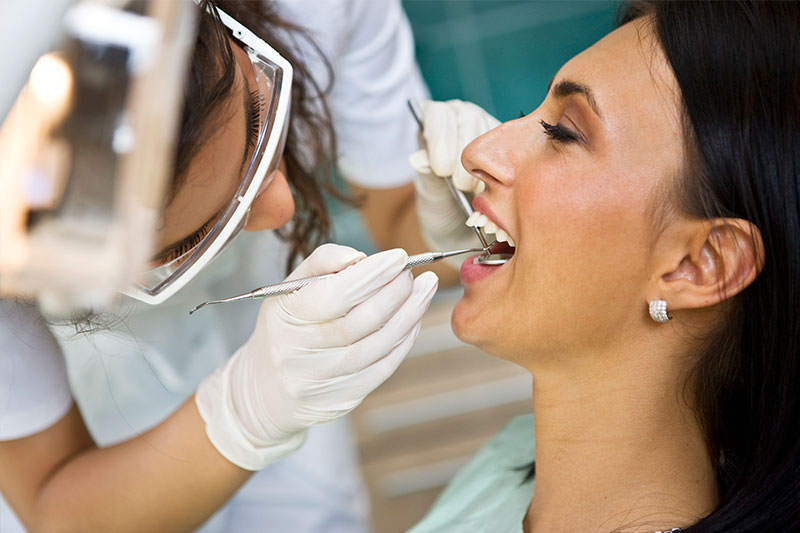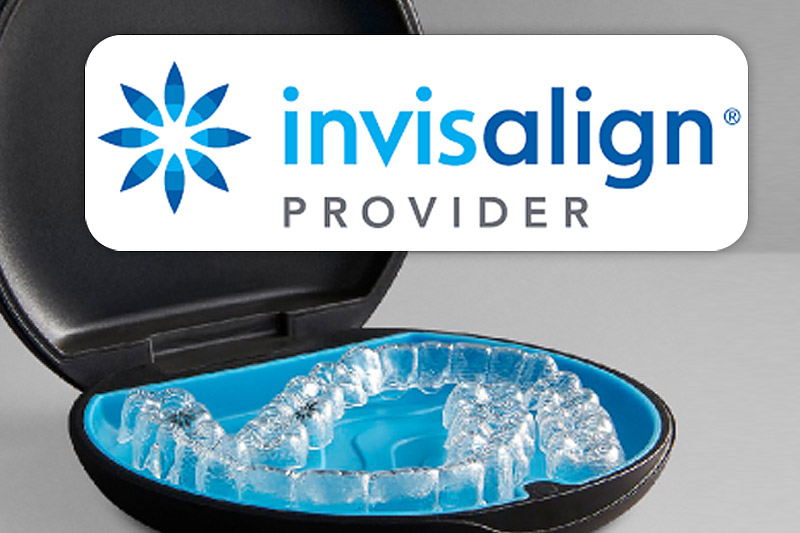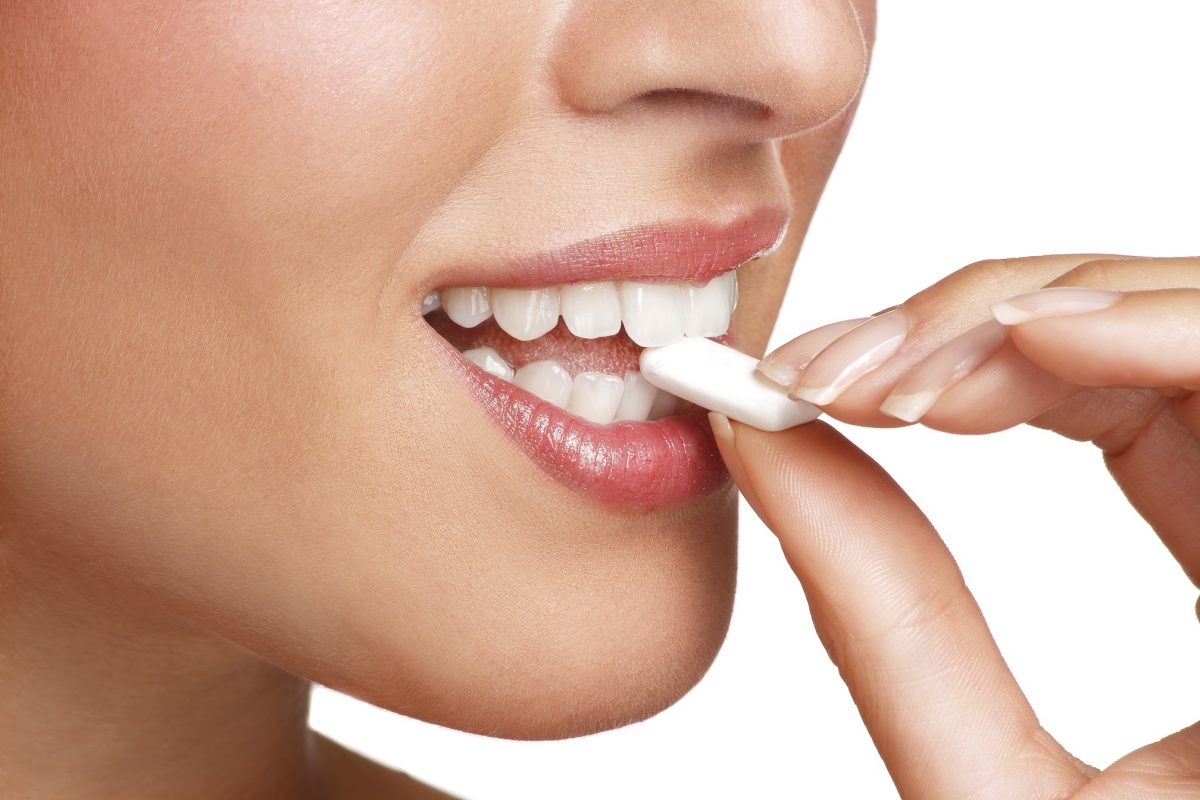Tag: dental crowns dentist
Dental Crowns Treatment – What to Expect | Watertown MN
Your dentist may recommend dental crowns if you have a severely decayed or fractured tooth that cannot be successfully restored using dental filling or bonding. Crowns can also be used to strengthen a tooth that has been treated with root canal therapy; to support dental bridgework for replacing missing teeth; or to act as the tooth replacement itself when anchored to a dental implant.
There are two categories of dental crowns: those prepared and placed on the same day, and those that are fabricated in a dental laboratory and require two appointments to complete the treatment.
Same-Day Crowns
You can get your permanent crown prepared and installed on the same day, if the material is suitable for crafting in the dentist’s office. This is the case for zirconium crowns. The tooth is prepared the normal way. But instead of making an impression of the tooth, the dentist uses a wand scanner to capture pictures of the teeth. The images are uploaded into a computer where CAD software (computer-aided design) is used to design a 3D model that can be used to fabricate a replacement ceramic crown in about 15 minutes.
Regular Dental Crowns
Most of the materials used for dental crowns, including porcelain and metals need to be crafted into custom crowns in a dental lab. This process takes two to three weeks, so you’ll have to wear a temporary crown in the meantime.
The tooth preparation process involves removal of any decay and infection, followed by filing down the tooth to maximize the retention of the crown and to ensure a good fit that doesn’t distort your smile. This process is carried out under local anesthesia. After tooth preparation, a mold or impression of the tooth will be made and sent to the lab to fabricate your permanent custom crown. An impression of the opposing tooth may also be created to ensure a perfect fit with the mouth closed.
Impressions are created using putty or paste that is spread over the prepared tooth and then pulled away so it keeps the shape of the tooth involved. The dentist can also note down specific details about the replacement tooth, such as the natural shade and fit, so it’s unnoticeable when you smile.
To protect the prepared tooth, a temporary or transition crown will be placed on it. This crown is typically made from plastic material (acrylic), and is held in place using a temporary cementing medium to allow easy removal at your next visit. When the permanent crown is ready, it will be fitted and adjusted for any bite variations. The dentist will check for accuracy and assess the aesthetics. If there are no issues, the crown can be cemented to your tooth.
Maintain Your Healthy Teeth and Smile
To ensure the longevity of your restoration and prevent damage to your other teeth, you should practice good oral hygiene as instructed by your dentist.
To ask about Dental Crowns in Watertown MN please contact us today.
Dental Crowns for Tooth Replacement & Cosmetic Purposes | Watertown MN
A dental crown is a customized tooth cap designed to cover a damaged tooth in order to restore its shape and size, enhance its strength, and improve its appearance. When successfully cemented in place, a dental crown encases the portion of the tooth above the gum line, providing total protection.
Dental Crowns for Tooth Repair
This may be necessary if you have extensive tooth damage that has compromised the structure of your natural teeth. For instance, your dentist may recommend dental crowns to:
- Protect a chipped, broken, or fractured tooth and prevent further damage
- Repair large cavities that cannot be successfully repaired with dental fillings
- Replace previously placed fillings and strengthen the tooth.
- Encase a tooth restored with root canal therapy to strengthen it and cover up the filler material for an aesthetic finish
Dental Crowns for Tooth Replacement
If you want to replace one or more missing teeth, your dentist may recommend either bridgework or implants. A dental bridge refers to an artificial tooth that is anchored to the teeth adjacent to the gap, holding it firmly in place. The artificial tooth is bonded to the adjacent teeth through dental crowns so it stays suspended in the gap. If you opt for dental implants, a titanium post will be implanted into the jawbone to serve as the tooth root. Once it heals, a crown will be connected to the post via an abutment, becoming your replacement tooth.
Dental Crowns for Cosmetic Purposes
Dental crowns are custom-made to restore the shape, size, and even shade of a damaged tooth if you use a tooth-colored crown. As such, your dentist may recommend crowns to enhance the appearance of imperfect teeth such as:
- Excessively or unevenly worn down – resulting in very short teeth
- Badly shaped teeth
- Severely stained teeth
- Widely gapped teeth
Learn More about Dental Crowns
Depending on your specific case, your dentist will help you choose the most appropriate material for your custom dental crowns, restoring the function or aesthetic of your mouth, or both. To learn more about Dental Crowns in Watertown MN please contact us today.
Dental Crowns Treatment in Watertown MN
Dental crowns are custom-made tooth restorations that are designed to cap the entire surface of a weakened tooth in order to strengthen it. Dental crowns are permanent. As such, they’re carefully designed using impressions of the damaged tooth to ensure that the size and shape of the crown matches that of the original natural tooth. You can even choose tooth-colored materials for fabrication of your custom crown so it blends in with the surrounding, natural teeth.
The commonly used materials for tooth-colored crowns are porcelain and composite resin. However, you may also choose metal crowns made from gold, silver, or nickel/chromium alloys, or even choose a blend of porcelain and metal to take advantage of the properties of each material. During your visit, your dentist will help you determine the best choice of material depending on:
- The location and function of the tooth
- The visibility of the tooth when smiling
- The position of your gum line and gum tissue
- The shades of surrounding teeth
- Signs of teeth clenching and grinding
The crown that you choose will be placed in a number of steps undertaken within two appointments:
Step 1: Tooth Preparation
On your first visit, the dentist will administer a local anaesthetic to numb your face and prevent you from feeling any pain when preparing your tooth. Tooth preparation involves the removal of any decay and infection on the site, after which the tooth is filed down to maximize the retention of the crown and to ensure a good fit that doesn’t distort your smile.
Step 2: Making an Impression for the Dental Lab
After tooth preparation, a mold or impression of the tooth will be made and sent to the lab to fabricate your permanent custom crown. An impression of the opposing tooth may also be created to ensure a perfect fit with the mouth closed. Impressions are created using putty or paste that is spread over the prepared tooth and then pulled away so it keeps the shape of the tooth involved. The dentist can also note down specific details about the replacement tooth, such as the natural shade and fit, so its unnoticeable when you smile.
Step 3: Fitting a Temporary Crown
To protect the prepared tooth, a temporary or transition crown will be placed on it. This crown is typically made from plastic material (acrylic), and is held in place using a temporary cementing medium to allow easy removal at your next visit. During this period, it’s important to maintain proper oral hygiene at home to prevent reinfection of the tooth or gum tissues, which may affect the overall success of your crown treatment.
Step 4: Fitting the Permanent Crown
On your second scheduled visit, which should be in two to three weeks from the first visit, the dentist will remove the temporary crown and clean off the temporary cement from the prepared tooth. The permanent crown will then be fitted and adjusted for any bite variations. The dentist will check for accuracy and assess the aesthetics. If there are no issues, the crown can be cemented to your tooth.
Caring for Your Dental Crowns
Dental crowns should last a long time with proper care. Please discuss with your dentist about how to care for your teeth to protect the restoration and your other teeth from future damage.
To ask about Dental Crowns in Watertown MN please contact us today.
Dental Crown Types, Procedure, When It’s Done | Watertown MN
A dental crown or tooth cap is a long-term restoration that provides a permanent solution for both restorative and cosmetic dental problems. Dentists particularly recommend them for large cavities, either as the only restoration, or to complement large unstable dental fillings or root canal therapy.
Crowns for Cavities
Dental fillings are the most common restoration for cavities. But if the cavity is too large, it may result in a weak filling with no durability. In such a case, your dentist may recommend that you get a crown instead of fillings to repair the cavity. Crowns can also be used to replace previously placed fillings to strengthen the tooth.
When you have severe decay that has infected the tooth pulp (section inside the tooth that contains the nerves and blood vessels), the condition is considered irreparable and you may end up losing the tooth. However, it is possible to save the tooth through root canal therapy, whereby the pulp is removed and replaced with dental filling material. The procedure requires a substantial amount of the natural tooth to be removed in order to thoroughly clean the pulp and completely remove the infection.
While you retain the original tooth, its structure will have weakened considerably, affecting its normal function. As such, your dentist may recommend that you get a dental crown to encase the restored tooth to strengthen it. The crown also serves an aesthetic function as it covers up the filler material, giving your smile a natural appearance.
Crowns for Cosmetic Dental Applications
Cosmetic reasons
Dental crowns are custom-made to restore the shape, size, and even shade of a damaged tooth if you use a tooth-colored crown. As such, your dentist may recommend crowns to enhance the appearance of imperfect teeth such as:
- Excessively or unevenly worn down – resulting in very short teeth
- Badly shaped teeth
- Severely stained teeth
- Widely gapped teeth
Other Applications of Dental Crowns
Crowns can also be used to repair a chipped, broken, or fractured tooth that is experiencing sensitivity to hot and cold foods and drinks; to support dental bridgework for replacing missing teeth; or to replace a missing tooth with dental implants.
There are different materials that can be used to fabricate dental crowns. Your dentist will help you choose the best material for your specific need. To learn more about Dental Crowns in Watertown MN please contact us today.

New Patient Exam Xrays and Regular Cleaning $67
Includes consultation, exam, and x-rays. In the absence of periodontal disease. New Patients Only
Make Appoinment
Invisalign
With advances in dental technologies, it is now possible to straighten your teeth discreetly without the use of traditional metal braces.
Learn more




